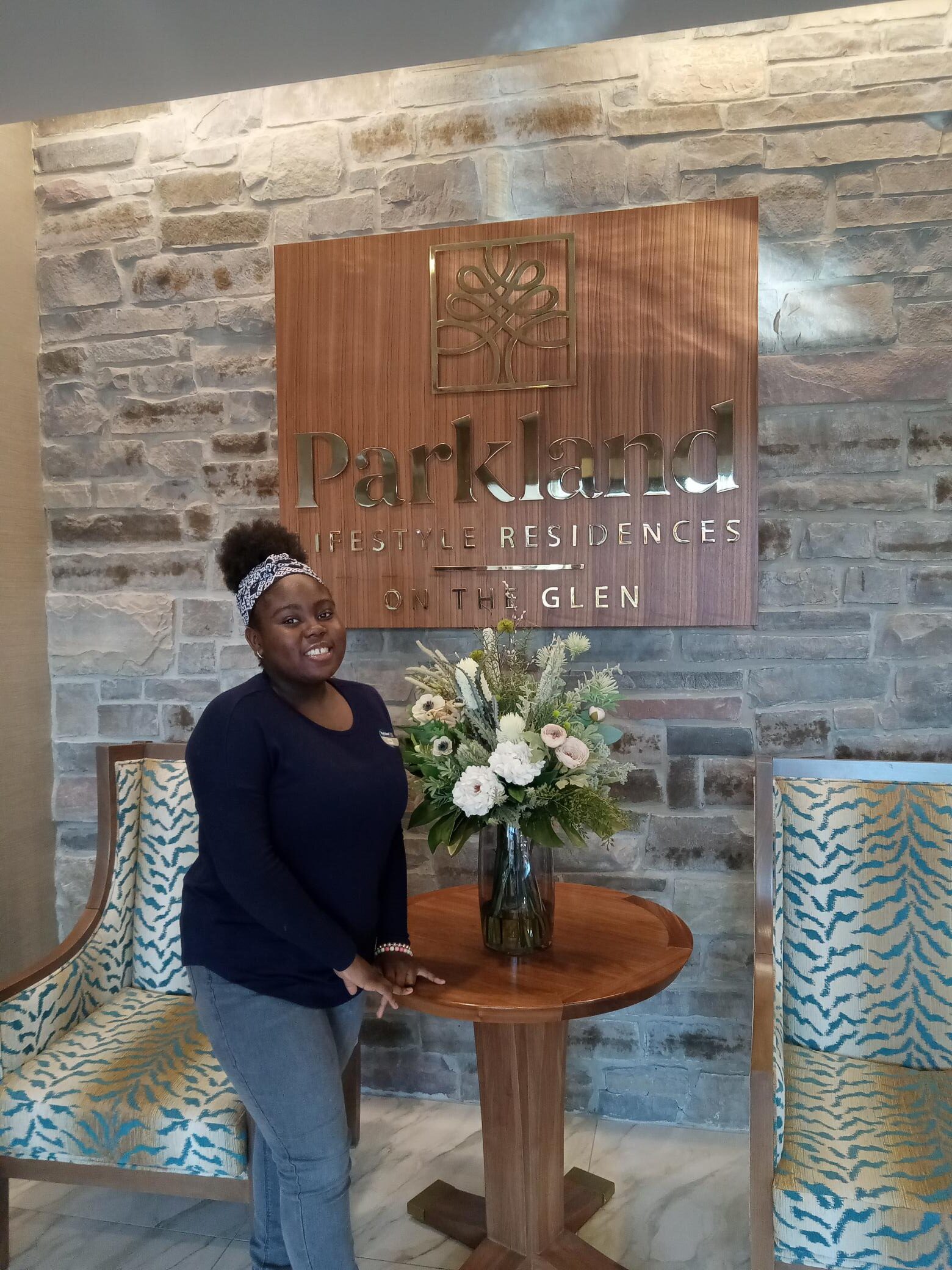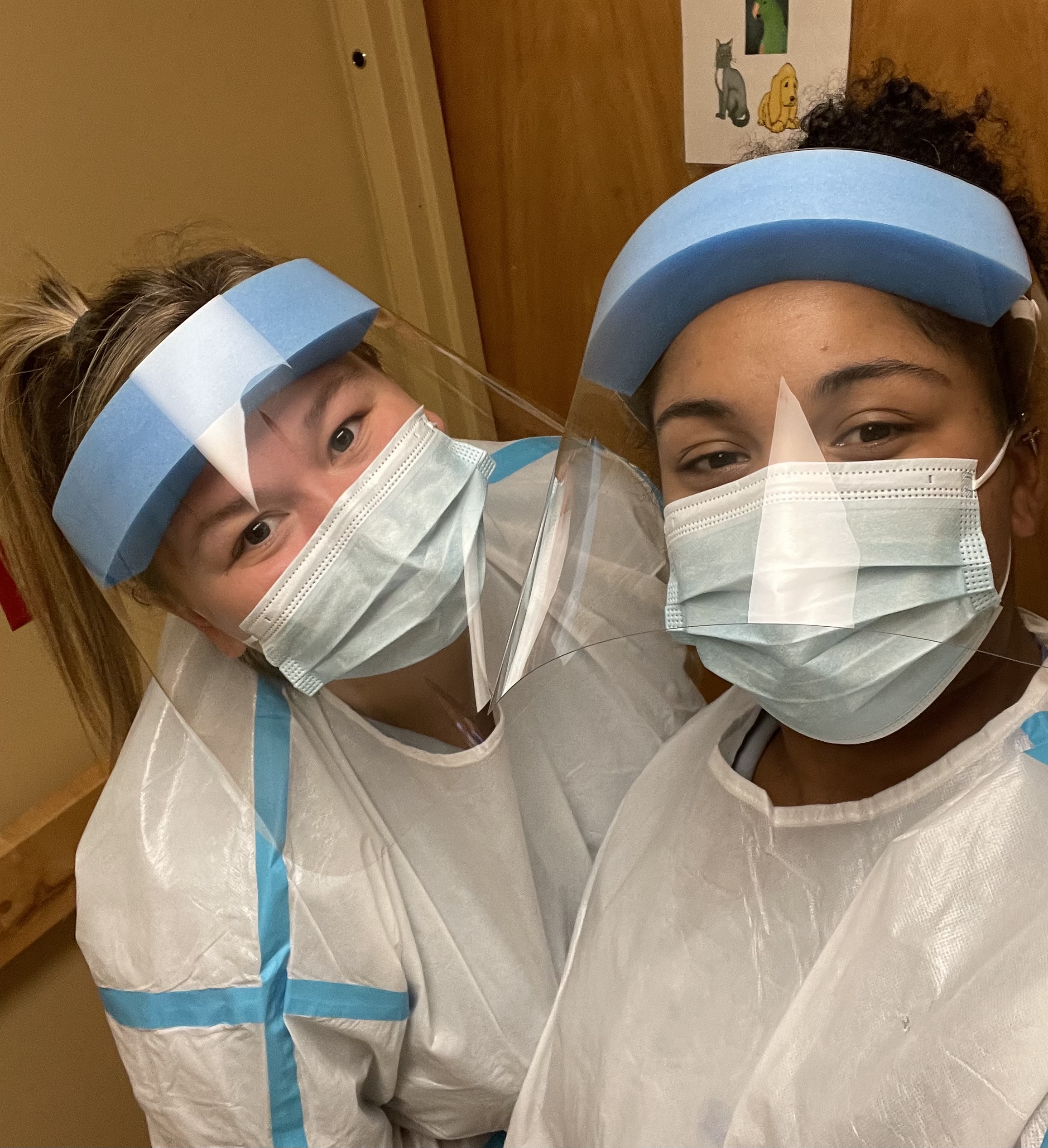The following letter, from our Corporate Medical Advisor, Dr. Valerie Lewis, has been sent to all Residents, families or substitute decision makers in all Shannex licensed long term care communities.
Dear residents, families and substitute decision makers of Shannex licensed nursing homes,
I am writing to you as Medical Advisor with Shannex. I hope all of you are keeping well during this stressful time. The world and local news are full of information around COVID-19 but I want to take a moment to reach out to you to discuss more specifically how we are preparing at Shannex and how this could affect your loved one. This is a difficult letter to write, and I know, a difficult letter for you to read.
As you already know, we have had to stop having family and visitors into our nursing homes. As you are not there in person right now, please know that behind the scenes, our staff has been working tirelessly to do the work needed to avoid or mitigate an outbreak. Despite all of our precautions, an outbreak may still happen. Because of that very real possibility, we want to share with you what we know at this point about how COVID-19 can affect older adults and those with pre-existing health conditions.
COVID-19 is a viral illness that spreads like the flu and is hard to contain, despite everyone’s best efforts. We know it is particularly serious in older and frail people, especially for those who have other medical conditions. Many of the conditions that contribute to the need for long-term care also affect how the body copes with a COVID-19 infection. People who are older and who have other health problems have a much higher chance of dying from COVID-19 compared to a younger or healthier person. This is true whether or not they live in long-term care.
The safest and most comfortable place for your loved one to be cared for is with us at Shannex. Doctors in other parts of Canada and the world have learned that there is very little benefit when older, frail people with COVID-19 go to the hospital. In particular, attempts at CPR (cardiopulmonary resuscitation) are very unlikely to be successful for older, frail patients with COVID-19, and they are unlikely to survive even with intensive care. We are also considering the probability of harms for patients, as hospital interventions are very likely to be physically and emotionally traumatic. Finally, in looking at all the benefits and harms we are also considering the risks of infection for the community of residents, staff, and care providers and the community more broadly.
We are also putting extra safeguards in place to avoid transfers to hospital for non-COVID-19 related illnesses as much as possible, to try and lessen the potential for infection with COVID-19.
We are preparing to care for any of our residents who become sick with COVID-19 in Regional Designated Care areas. These regional Designated Care areas are equipped to manage this illness and will be following the principles of care provided local health authorities. These guidelines will direct us when it might be appropriate for a resident to be evaluated for acute care assessment or treatment. Many residents in the long-term care population are there because of their high level of frailty and so will not likely meet the criteria for transfers to hospital-based COVID-19 Units or intensive care because they would not likely survive. We want you to know that our main priority is to ensure that your loved one is comfortable and cared for throughout their illness if they were to become sick.
Most COVID-19 symptoms are related to cough, fever and shortness of breath. Most of these could be managed however some residents might develop a rapid and severe pneumonia that can only be managed palliatively, and care for these residents will be guided by our palliative care program and local health authority guidelines. Although there is no treatment for COVID-19, there are medicines and treatments for symptoms that will be provided by Shannex team members, where residents with COVID-19 will be provided with fluids and nourishment as needed for their ongoing comfort. Our nurses are very skilled and experienced in providing comfort measures, and a COVID-19 illness would be no different in that regard.
We know that these are very difficult circumstances to consider, and we wanted to start an open dialogue in order to provide what reassurance we can and to help you understand what might happen in a worst-case situation. Additional support is available from our team to help you cope with the situation. You can reach out to the care team for a more in-depth discussion about goals of care for your loved one.
We remain dedicated to our residents, your loved one. Our hearts go out to you during this distressing time. Thank you for taking the time to read this.
Sincerely,
Dr. Valerie Lewis, MD, CCFP, COE
Corporate Medical Advisor
Shannex


